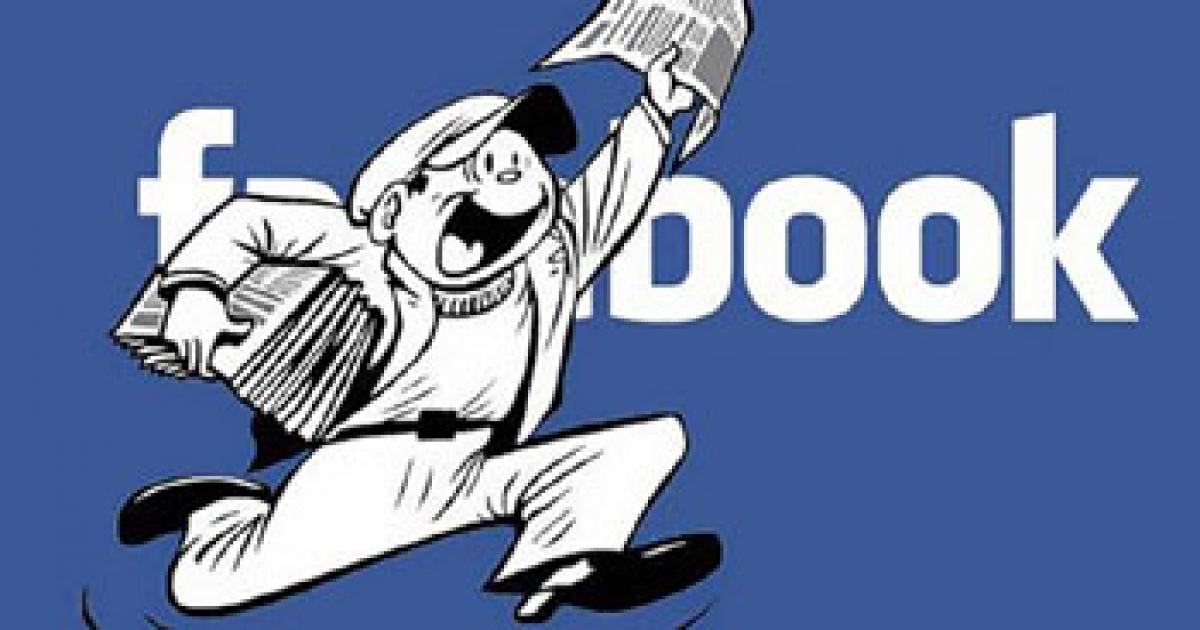Live
- AG&P Pratham-THINK Gas launches its feature packed Mileage+ CNG Fuel Card in partnership with Zaggle
- Meta Drops Fact-Checking Program and Loosens Content Moderation Rules in 2025 Update
- Centre evicting me from CM’s house, claims Atishi; BJP refutes charges, says ‘she is lying’
- HMPV Outbreak: Tamil Nadu Reports First Cases Amid Nationwide Surge
- Hyderabad's Krithika Infra Developers Accused of Rs 70 Crore Fraud
- Women outnumber male voters in 4 NE states, gender ratio higher than national average
- Violent Clashes Erupt in Hyderabad Between BJP and Congress Workers
- Exploring Sustainable Approaches to Educational Infrastructure Development
- Bengaluru Metro Receives First Made-in-India Driverless Trainset
- e-Shram portal now available in all 22 scheduled languages





 New York:
New York:



